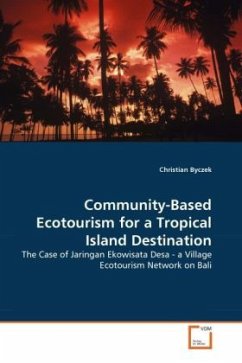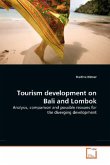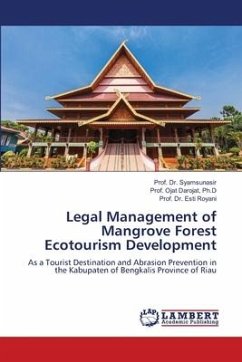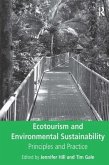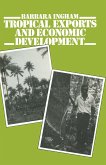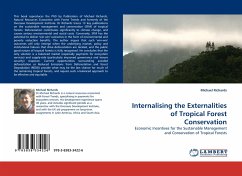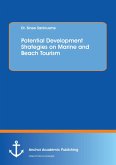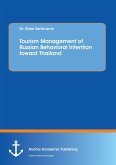As a major island destination in Southeast Asia, Bali has won global reputation as one of the last paradises on earth. While tourism has been utilized as a means of economic development, the massive influx of tourists and the shift from traditional structures to modern ones have just as much brought ecological and social costs. The grassroots initiative Jaringan Ekowisata Desa is one among several responses aiming at a more sustainable approach to tourism. Bearing in mind negative effects associated with mass tourism, the community-based ecotourism venture focuses on local ownership and the minimization of negative impacts. The civil society movement is rooted in customary institutions and has created a lobby against external interests that are conflicting with community needs and livelihoods. The present thesis is the result of an intensive study of the ubiquitous tourism phenomenon on the island and field work at the four villages Pelaga, Sibetan, Tenganan and Nusa Ceningan. Its goal is to answer the question in how far community-based ecotourism initiatives may constitute sustainable alternatives to the predominant mass tourism developments for tropical islands such as Bali.
Bitte wählen Sie Ihr Anliegen aus.
Rechnungen
Retourenschein anfordern
Bestellstatus
Storno

